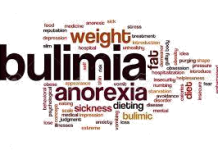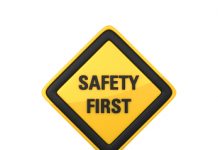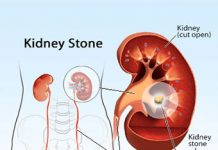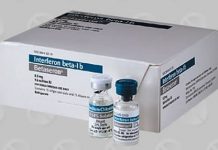Diabetes in children is not as uncommon as one may like to think. Each year more than 13,000 children are diagnosed with type 1 diabetes in the United States alone. Sometimes bedwetting at night could be the first sign of diabetes in a child. It is easy to ignore such symptoms, but the problem complicates if the early signs of diabetes are not recognized and timely treatment is not provided to the child.
In absence of early treatment, the child’s body may start producing ketones, which may cause stomach ache, vomiting, nausea, and shortness of breath. This is a complicated condition called diabetic ketoacidosis (DKA). If the parents have adequate awareness about the early signs of diabetes in children, the treatment can be started in time and the child does not have to suffer more serious complications.
Symptoms of Type 1 Diabetes in Children
Bedwetting at night could be the earliest sign of type 1 diabetes in a child. Parents should closely observe if this condition is also accompanied by frequent urination during daytime. A diabetic child is likely to urinate more frequently than non-diabetic children and the quantity of urine may also be larger. Another sign that the parents should watch out for is if the child feels the need to drink water very frequently. Due to frequent urination, the child’s body loses fluid quickly and it may lead to an abnormally high need for replenishing the fluid levels of the body.
If the child is losing weight, or fails to gain weight despite taking an adequate diet, it could be another symptom of type 1 diabetes. This symptom should not be attributed to the assumption that child is growing tall so he or she may be losing weight. Another warning signal of type 1 diabetes could be if the child complains of fatigue or tiredness most of the time. These signs should be viewed in totality and the child should be taken for a medical examination by a pediatric care specialist.
Delayed Diagnosis of Type 1 Diabetes in Kids
A recent study in the UK has shown that more than 25 percent of children are diagnosed with type 1 diabetes at a late stage when diabetic ketoacidosis has already occurred. This is a serious and dangerous complication that could even result in death if the symptoms are not treated in time.
Diabetes UK and Juvenile Diabetes Research Foundation are two nonprofits in UK that have joined hands to increase awareness among parents to look for the signs and symptoms of type 1 diabetes. Their campaign is recommending that parents should not ignore bedwetting and frequent urination in their child, and take the child to a general physician for an evaluation.
A1c Hemoglobin Test Inadequate for Children’s Diabetes
A new research study conducted by the University of Michigan has indicated that the commonly used blood glucose test A1c Hemoglobin (HbA1c) may not be a fool-proof method to diagnose type 1 diabetes in children. This test is preferred for kids because it does not require overnight fasting.
But the findings of the University of Michigan study show that this diagnostic test lacks in reliability and it may fail to detect diabetes in some of the children. The study, which has been published in the Journal of Pediatrics, suggests that children should also undergo the fasting or two-hour glucose tests for more reliable results.











